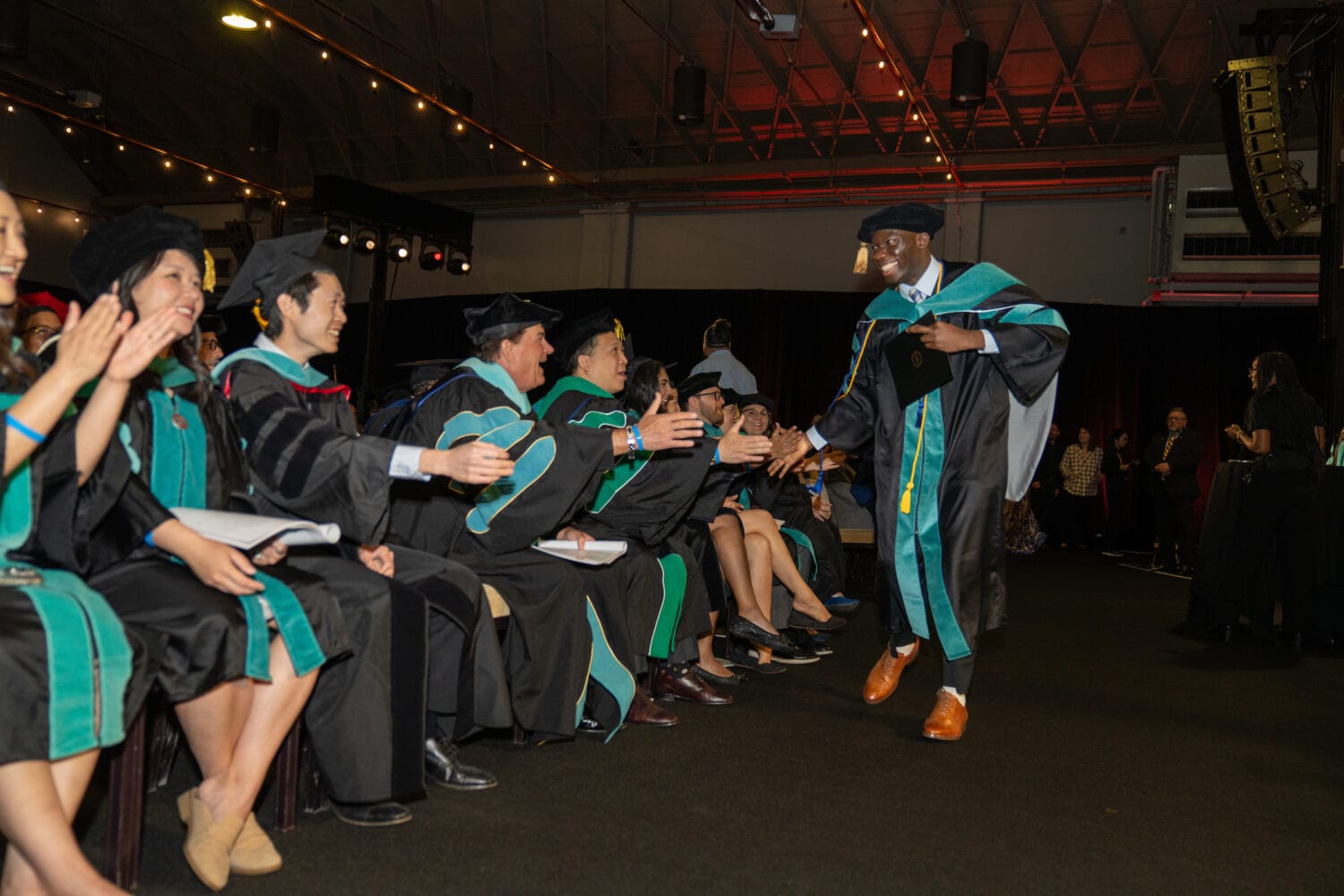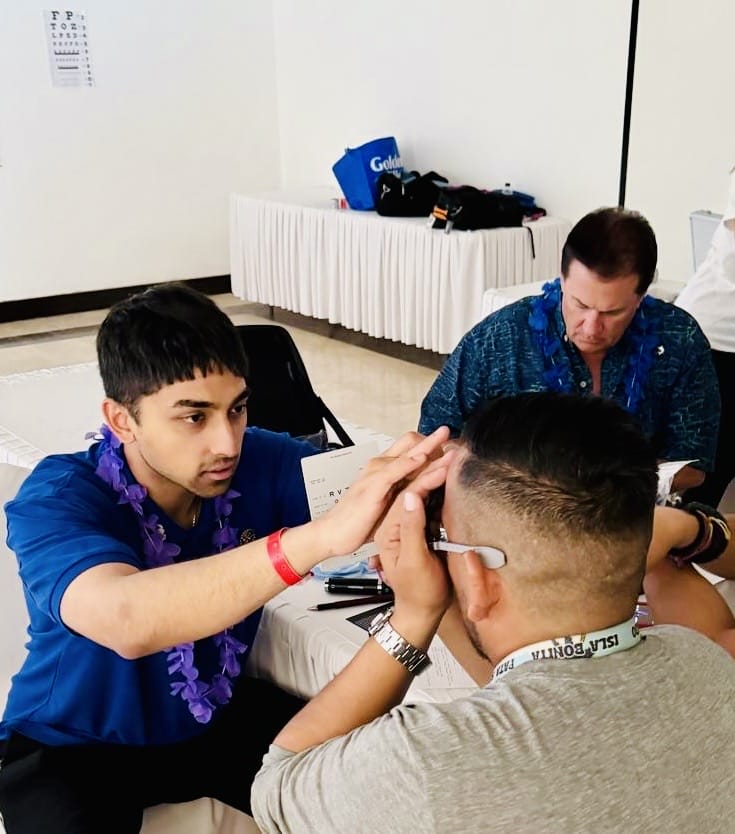International Optometry Conference Comes to WesternU
The 6th International Congress of Behavioral Optometry (ICBO) will meet April 8-11, 2010 at the Doubletree Hotel in Ontario and on WesternU’s Pomona campus. WesternU, the Optometric Extension Program (OEP) Foundation and the Neuro-Optometric Rehabilitation Association, International (NORA) are co-sponsors of the event.
The OEP Foundation puts on ICBO every four years, rotating between Europe, Australia and the U.S., said Robert A. Williams, executive director of the OEP Foundation and administrator of NORA.
The conference is being held in the Inland Empire specifically because of WesternU’s College of Optometry (CO), he said.
“”The College of Optometry adopted a mission that’s virtually identical to ICBO and NORA,”” he said. “”We thought it would be an excellent partnership between NORA, ICBO and WesternU.””
The advisory group that crafted the College’s founding mission statement identified a public need for services related to neuro-optometric rehabilitation, and for the special services needed for individuals who have learning disabilities, brain injuries, developmental disabilities, and other forms of visual impairment, said CO Founding Dean Elizabeth Hoppe, OD, MPH, DrPH.
“”Our goal is to serve the public by graduating doctors of optometry who can fulfill this increasing public demand,”” she said. “”WesternU is well-suited to pursue this mission because of the unique interprofessional opportunities embedded within the curriculum. Caring for individuals from vulnerable populations, such as those with traumatic brain injury or autism, is always best done with a team approach to health care. Our graduates will have experienced interprofessional communications and team-based care throughout their entire educational process.””
The conference attracts 400-450 optometrists, therapists and other professionals who work with rehabilitation. The focus of this year’s meeting is “”A Collaboration of Eyes and Brains.””
When people think of optometry, most think of eyeballs and glasses, Williams said. The conference focuses on the visual processing of information — the communication between the eyes and brain.
The purpose of vision is to direct action – when you’re driving a car and you see brake lights, it signals you to slow down and apply your brakes, he said.
“”If you’re not processing that information properly, you’re going to have a problem,”” Williams said. “”If your visual system is compromised and you’re not taking in reliable information, there’s no way a person can take proper action and react properly.””
A lot of optometrists use trampolines and walking rails when rehabilitating patients, since vision has an impact on balance and posture, he said.
“”There’s a whole-body connection,”” Williams said. “”What we do is try to put the system back together through lenses and therapeutic vision therapy.””
The conference exposes an international audience to NORA’s mission of providing neuro-optometric rehabilitation to patients, and it also provides practitioners with a better understanding of what NORA does, said Eric Ikeda, OD, FCOVD, DPNAP, Clinical Director of Neuro-Optometry at Casa Colina Hospital and WesternU clinical faculty member and clerkship preceptor.
“”The ICBO meeting will certainly go further to expose a broader audience beyond those who normally attend the annual meetings,”” said Ikeda, who is past president of NORA and is on the Optometric Extension program board.
For more information about ICBO, visit www.2010icbo.org/.



